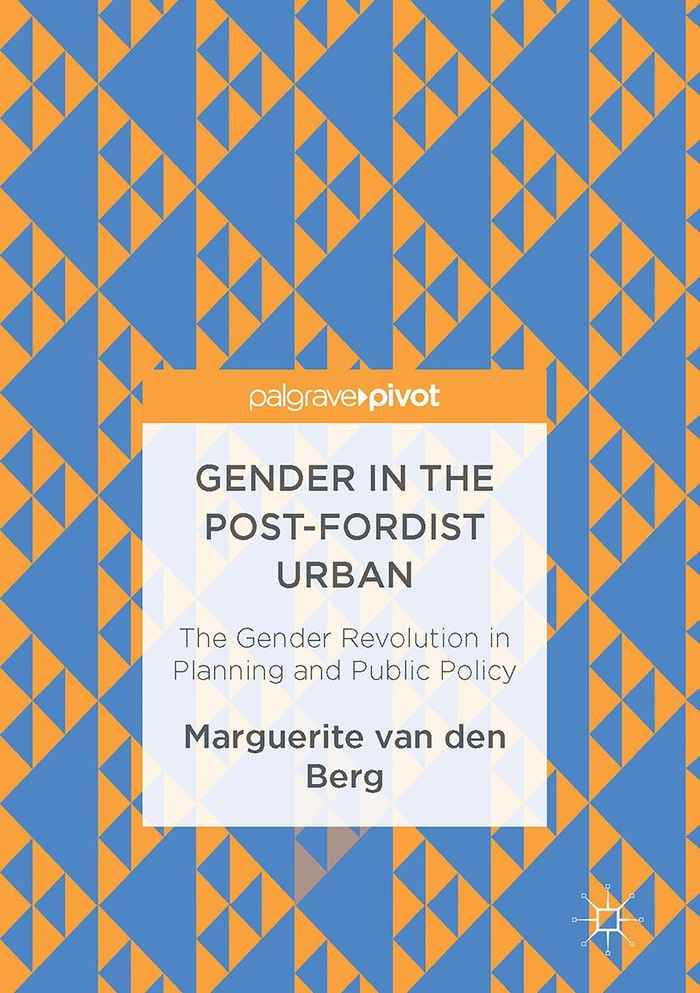The feminizing city? - by Marguerite van den Berg & Carmen Ferri
How are we to understand the contemporary urban gender revolution? Are cities feminizing as a result of changing patterns of production and reproduction? Or are we to understand persistent gendered poverty and violence statistics as signs of continuing patriarchal arrangements? Is there a way of talking about these issues without reproducing the languages associated with the Global South – Global North divide?
